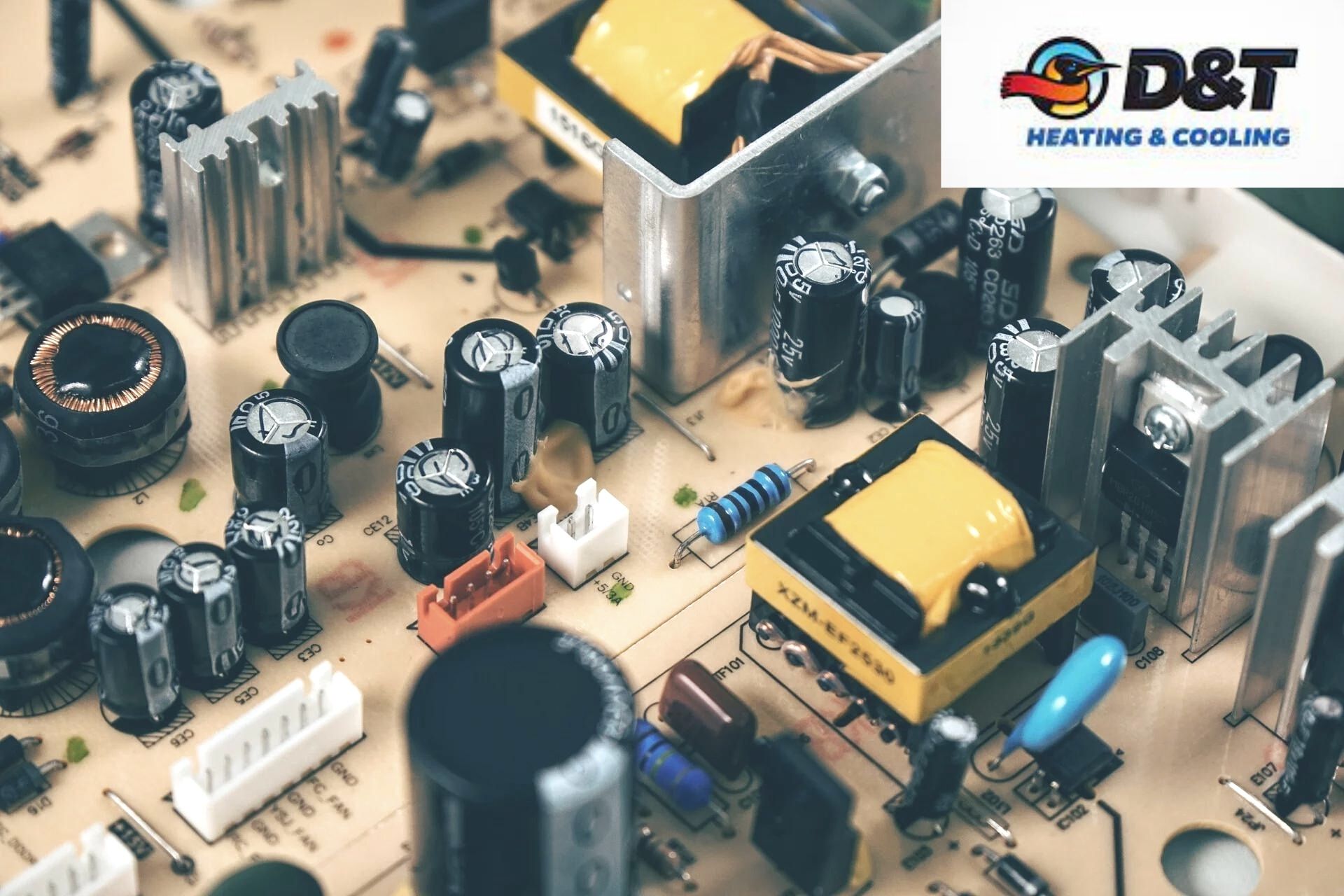A contactor is an electrical device that you can use to switch an electrical circuit on and off. Contactors have three components- the contacts, electromagnet, and enclosure. A circuit usually controls them with a lower power output than the switched circuit.
Contactors are an integral part of air conditioners. If your contractor goes terrible, your air conditioner won’t cool properly, and you may end up having hot and cold spots throughout your home.
How to Tell if You Have a Bad AC Contactor?
Air conditioners with faulty contactors cannot go through cycles (short-cycling) to maintain a comfortable indoor temperature. Here are some common bad AC contactor symptoms.
- Your system does not turn on at all.
- You hear a buzzing noise whenever you turn on your system.
- Your system makes a loud, clicking noise.
- Your system turns on but does not turn off quickly.
If you notice one or more of these signs, reach out to an experienced AC contractor in Wilmington, DE, as soon as possible.
Testing an AC Contactor
If your system makes a humming or chattering noise, test your contractor to see if it is the source of the problem. Follow these steps to test your contactor.
- Turn off the power to your AC: Your safety comes first. To prevent electrical hazards, shut down your unit at the thermostat and breaker level.
- Remove the side cover: Remove the side cover of the condenser. You will see multiple-colored wires connected to a black rectangle positioned vertically. That is your AC’s contactor.
- Take pictures: Take pictures of the contactor and corresponding wires from different angles, so you will know how to reconnect them.
- Remove the contactor and wires: Unscrew the contactor. Once you have removed the contactor, proceed to remove the wires.
- Test the contractor: To test your AC contactor, first set your multimeter to the OL setting and then connect it to the low volt terminals. If the reading is between 5 and 20 volts, your contactor is working correctly. If you get a lower reading or no reading at all, your contactor is faulty and needs a replacement.
Why Should You Not Try to Replace a Faulty AC Contactor Yourself?
If you try to replace a faulty AC contactor yourself, you could end up injuring yourself or void the warranty. If you commit a mistake, things may get from bad to worse, and you could end up spending a ton on expensive repairs.
Frayed wires or a tripped circuit could cause your contactor to fail. Your air conditioning repair expert will get to the root cause of the problem and eliminate it.
Are you looking for an air conditioning repair expert in Wilmington, DE? D&T Heating and Cooling is a top-rated AC contractor in Wilmington, DE. We will treat the root cause of your AC problem, not just the symptoms. To schedule an inspection, call (302) 838-6905.
Frequently Asked Questions
A contactor inside your HVAC system is important in transmitting electricity to various parts of the AC, including the compressor, motor, and evaporator coil.
When an AC contactor goes bad, the voltage distribution gets disrupted, which decreases the normal cooling efficiency of your HVAC system and increases the energy load on the system generating high utility bills.
Signs your AC contactor has gone bad.
Inefficient cooling.
AC is taking time to switch off.
Burning of the contactor with unusual noises and smell.
High utility bills.
Electrical short-circuiting.
Physical deterioration and pitting of the coil.
Generally, an HVAC contractor maintains good power distribution for up to 5-10 years, depending on the company and its maintenance.
Proper installation drastically increases the life of the contactor, and by scheduling regular maintenance services appointments with professionals, you can enjoy the maximum benefits of your device.
We recommend annual maintenance services for your HVAC contractor just before the summer season to prevent any sudden breakdowns in the middle of a heat wave.
The first sign you will notice when a contractor goes bad is ineffective cooling and increased utility bills. It would help if you stopped overusing the system and immediately scheduled a service appointment. An expert technician will assess the factors that cause contact failure, which include:
Contact sticking due to excessive power coming from the main supply source can cause short-circuiting.
Physical deterioration and wear and tear can be identified by examining physical pitting on the contactor.
High voltage passing through dirty coils can heat up and burn the coil. Dust and dirt particles can accentuate the fire and damage major components of your AC.
Coil burning due to excessive voltage.
Ineffective power distribution due to fluctuations in the main power source.
A contactor is a device widely used to control voltage distribution inside the HVAC system. It comprises coils that generate an electromagnetic field that controls the load distribution.
They can quickly cut off AC and DC currents and be used in high-power carrying devices. A well-functioning contactor will generate effective power distribution, decrease the overall energy consumption of your device, and help you enjoy the maximum cooling benefits of your AC.
A contractor must follow the load capacity specified for the AC-3 type load to prevent short-circuiting and increase its life.
Most contractors have an average lifespan of 5-10 years, depending on their usage, power source, and servicing.
The life of the contactor is directly dependent on the main inrush current flowing through it, which should be Of AC-3 type load.
To increase the life of your contactor, follow the following professional tips-
Proper installation of your AC by professionals.
Choose the optimal design and good-quality material for your contractor.
Access the size and capacity of the contactor in kW.
Install refrigerant pipelines to remove the water generated during the normal cooling cycles effectively.
Checking the thermostat settings and controlling the heat load decreases overall power consumption.








